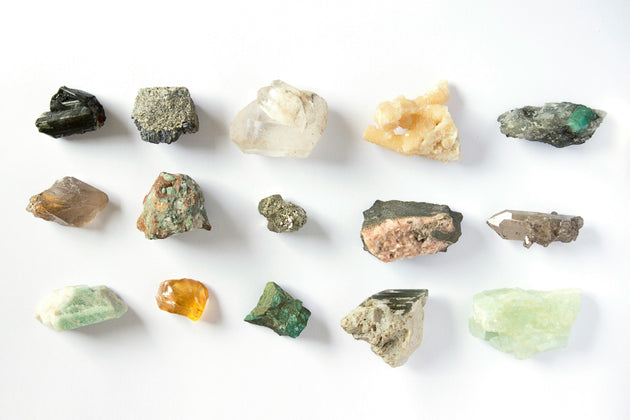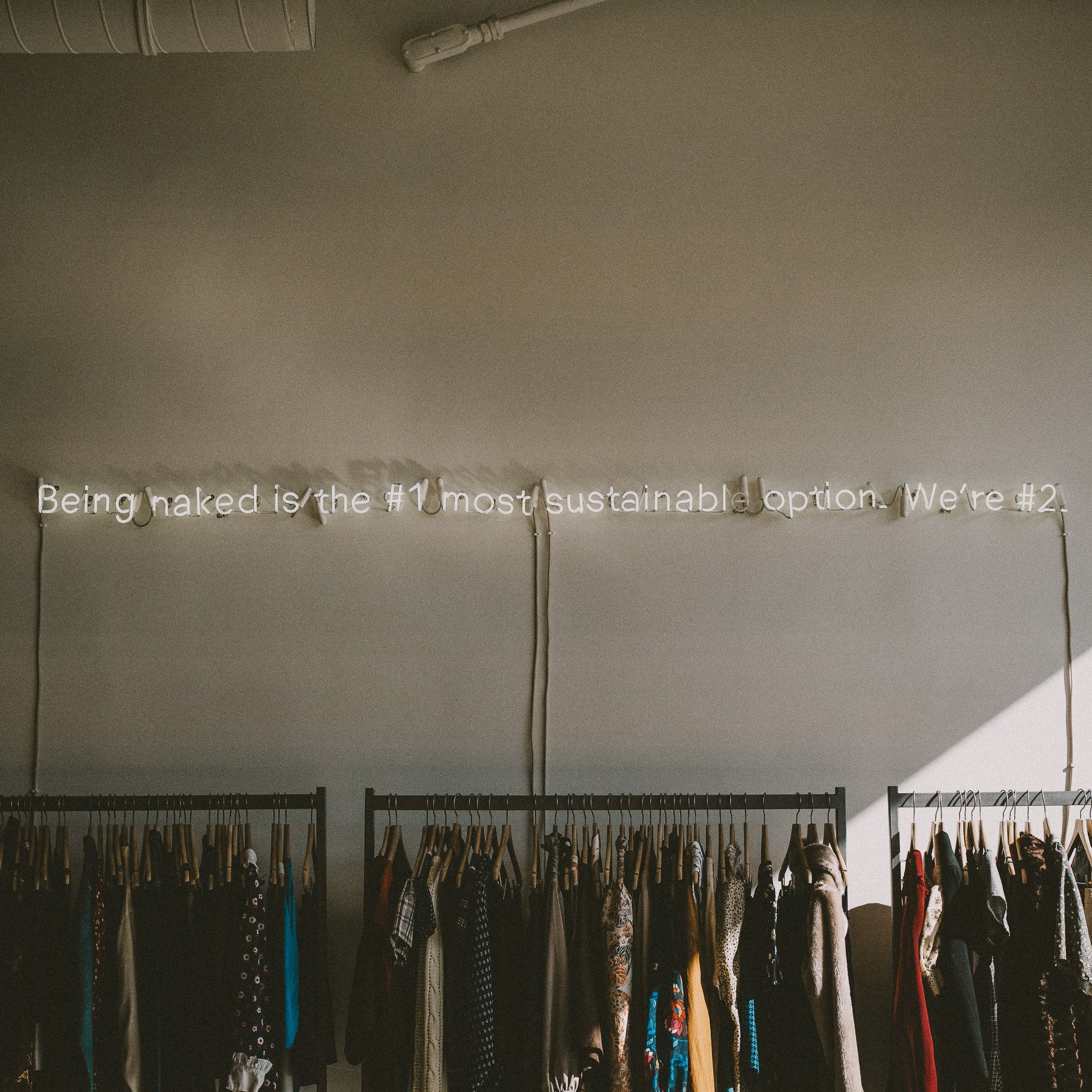Much more than a fad or a new trend, being a more responsible consumer is everyone's business. More and more people are becoming aware of this and changing their habits to have a positive environmental, societal and economic impact. But it's not always easy to know which gestures to adopt in your daily life. To help you, here are our tips for responsible everyday consumption and 19 concrete examples for taking action.
What does being a more responsible consumer mean in concrete terms?
What does responsible consumption mean?
To consume is to validate a way of doing things!
Our way of life has consequences for the world around us: for nature, for people... Those who are aware of this and make enlightened choices contribute to the development of ethical actions that respect life in all its forms. Here we are at the heart of the definition of responsible consumption: taking responsibility for our decisions to limit the negative impacts they generate. Responsible consumption honors three major issues: environmental, societal and economic. It therefore means :
- reducing the harmful effects of our behavior on nature (and preserving fauna, flora, biodiversity...) ;
- respecting workers (their working conditions, their age...);
- promote sustainable development.
The profile of the responsible consumer
Anyone who strives to do their best in their daily choices is on the road to responsible consumption.
Becoming aware of and deciding to implement, little by little, gestures that respect the three pillars (environment, society, economy) enables us to move from passive consumer
to active consumer. Depending on individual personalities, some people will be more inclined to act in favor of the environment, for example by choosing environmentally-friendly modes of transport. Others will be more sensitive to human or economic issues, and will favor French companies.
So, there really isn't a typical profile of the responsible consumer, except that they want to have a positive impact on the world and take the necessary actions.
3 steps to becoming a consom'acteur and making a positive impact every day
1. Become aware of the way you consume
To become a responsible consumer, becoming aware of the impact of your lifestyle is the first essential step: questioning your habits and their consequences. Which habits are unethical, unsustainable or green-friendly? What can be improved?
There are many areas in which we can ask questions and take action on a daily basis: at home, in the kitchen, in transport, when shopping...
2. Changing habits step by step
Once you've made up your mind, it's time to take action to consume less, but better.
Adopting the right gestures to be a more responsible consumer on a daily basis can seem like an enormous change. The mountain of things to change can seem insurmountable, and by trying too hard, you can lose motivation and give up.
But rest assured, you don't have to do everything perfectly to start making a positive impact. Every gesture counts. A small step is always better than none at all. So take the pressure off and take 1 action!
3. Keep up the momentum
Once you've started something, after a few weeks it becomes a habit. It's no longer an effort to make, but a perfectly normal part of everyday life. All that remains is to maintain it over time, then add a new one to your routine. In fact, it's much easier to implement one change at a time.
Adopting the gestures of an eco-responsible consumer: 19 examples to inspire you
Well, theory's all well and good, but what about practice? What simple, concrete actions can you take to become an active consumer? Here are some examples of responsible actions you can easily implement in everyday life.
In the kitchen
1- Avoid wastage and check expiration dates. Don't overload your fridge and risk having to throw away half of the products found a little too late at the bottom of the fridge. This will reduce your waste and cut your expenses.
2- Go to bulk stores with reusable bags to take the quantity you really need and avoid unnecessary packaging.
3- Opt for organic and seasonal food. Give preference to small local producers, short supply chains and sustainable agriculture. If you're not a vegetarian, reduce your consumption of meat and fish, prioritizing quality over quantity.
4- Cook more homemade dishes. This limits the addition of dubious ingredients that can be found in many ready-to-eat dishes. You avoid over-packaging and eat more healthily.
At home
5 - Don't let the water run unnecessarily while brushing your teeth or in the shower.
6 - Run appliances such as washing machines and dishwashers when they are full. Avoid half-loads.
7 - Lower your heating thermostat. 1 degree less already makes a big difference! A house that's too hot isn't good for you or the environment.
8 - Turn off lights when you're not in a room.
9 - Put a "Stop Pub!" sign on your letterbox to reduce the amount of advertising you receive. If you feel like it, decorate it with a pretty drawing and a courteous note for your letter carrier.
10 - Choose a green electricity supplier. Greenpeace has put together a comparative guide to help you choose greener energy. Switching is very easy.
11 - Delete unnecessary data from the Internet: sort out your e-mails and files stored on the Cloud.
12 - Use household products that are greens and non-toxic for you, those around you and the planet. Many natural ingredients are highly effective for cleaning your home: black soap, white vinegar, baking soda...
On the move
13 - Choose environmentally-friendly means of transport, such as walking or cycling. This reduces your carbon footprint and is good for your health. For longer distances, opt for public transport whenever possible.
14 - If you must use your car, reduce speed and drive smoothly. This greatly reduces your fuel consumption and pollutes less.
When shopping
15 - When you go shopping, remember to take tote-bags with you to avoid the traditional disposable bags.
16 - Take care of your belongings to keep them for longer. And why not give them a second life by upcycling?
17 - Don't fall for all the latest fashions on a whim. Sort through what you already own and see what you really need: stationery, clothes, IT equipment, telephones....
18 - Choose ethical and responsible brands that offer better quality items than the mass-market labels. You'll keep them much longer and be fully satisfied with your purchase. Making this choice is also a way of ensuring that workers are treated well and work in good conditions.
19 - Choose sustainable, environmentally-friendly materials: organic cotton, linen, hemp, bamboo, fruit fibers like Pinatex®. And there you have it, we hope you've found a few new gestures to adopt in your daily life. The list is by no means exhaustive, but it can help you take another step towards more responsible consumption.



